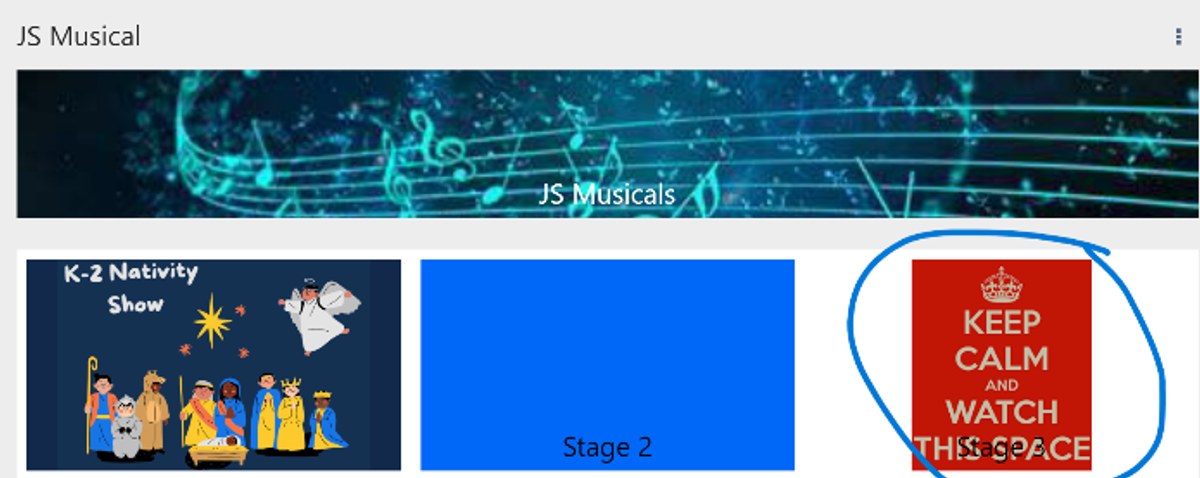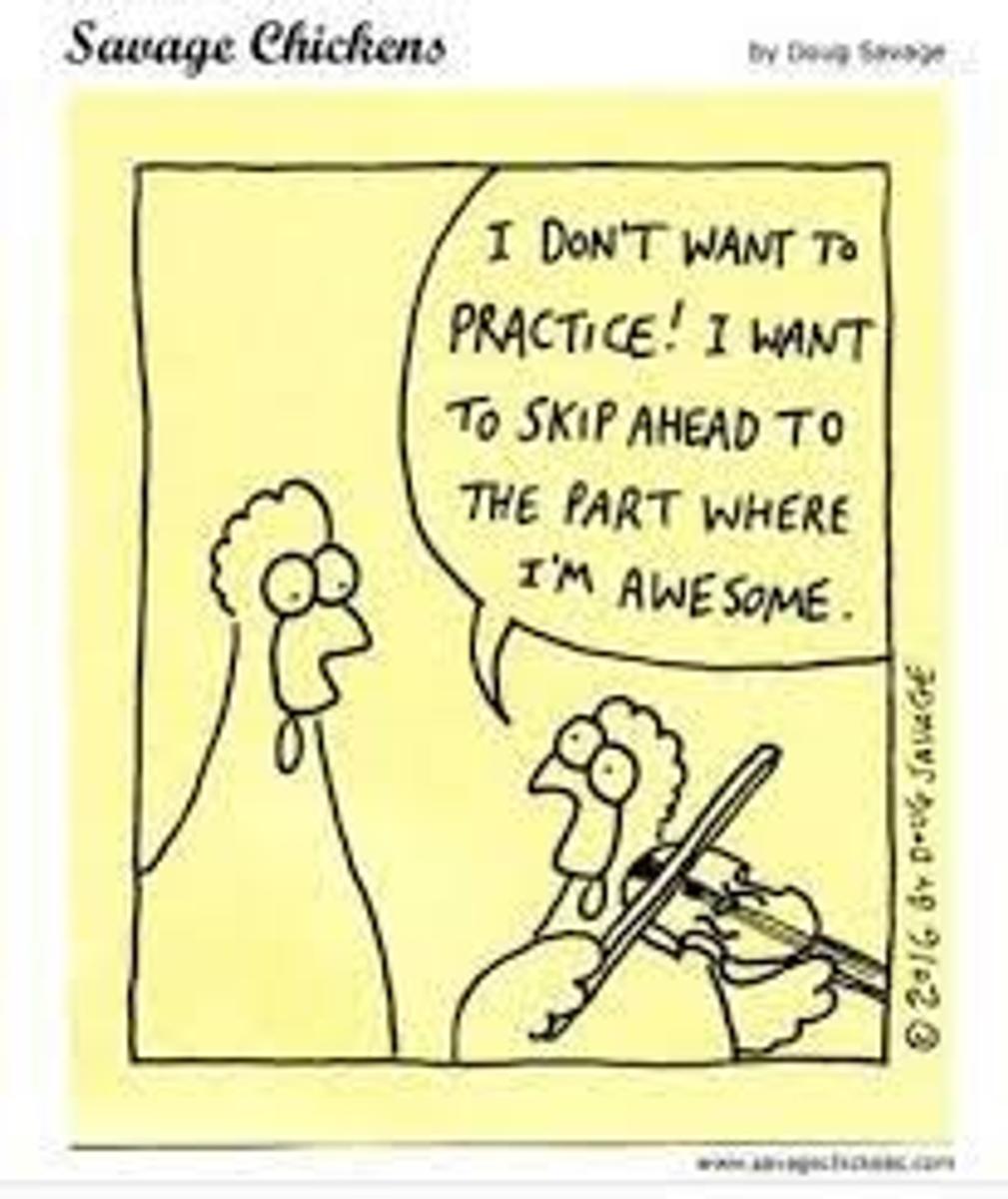Junior School
Performing Arts
Mrs Katie Sinclair, Junior School Music Coordinator

Junior School
Performing Arts
Mrs Katie Sinclair, Junior School Music Coordinator
On Thursday 11 April we will be joined by artists from Upstage who will be running workshops for all children in K-6. Each stage will be involved in a 45-minute session focused on acting, singing and dancing. These workshops will support many of the opportunities we already offer at Kinross Wolaroi whilst providing new experiences to expand and broaden skill development. This will be a fabulous experience for our all students, particularly those in Stage 3 looking to be involved in our musical later this year. Each workshop will cover the topics below and will be led by professionals currently working in their field of expertise.
Fundamentals of dance: posture,alignment, limb isolationand partner work. Upper-lower body co-ordination. Styles will include MusicalTheatre, Lyrical, hip-Hop and Jazz.
Fundamentals of Singing: pitch-matching, solfa (do-re-mi) rhythm, breath support and vocal dynamics. Putting a song together from melody through to performance, composing their own song, projection, and confidence with singing.
Foundational Acting Skills - stage presence and character development. Confidence on stage. Creative expression - through collaboration, character expansion and story-telling. Collaborative script-work through short scenes as well as improvisation.
Students in Stage 3 now know what this year’s musical will be! There is much excitement in getting the show underway. All students who are interested in auditioning for a lead role should ensure they locate the "JS Musicals" page on the Hub. This will contain all the information they will need for the show outline and audition process.




(Source: www.kawai.com.au)


https://kawai.com.au/2024/02/29/8-focused-practice-strategies-for-music-students/
Author: Sang Woo Kang
Challenge: Students face endless distractions
Dr. Kang found that the biggest challenge his music students face is a lack of time: They are too busy and distracted to put in enough practice to improve.
“They come to our lessons and put their phones right next to the instrument,” he says. “They have so many work and academic obligations. Their schedules are packed. Their minds are elsewhere.”
Innovation: Musicians must learn how to practice (not just play)
“Teachers usually only talk about how to play the music better,” he says. “They don’t usually talk about how to practice. I’m very focused on the students’ approach to their practice.”
To that end, Kang developed an eight-step practice guide that helps his students minimize distractions and stay focused when they need to. Because they are getting work done in a timely manner, his approach also reduces overall stress.
Here are the tips he shares to help his students focus and get the most out of their practice time:
1. Plan before you play
Kang requests that his students sit at a desk or chair instead of a piano for 5 to 10 minutes each day to review their book or score before they sit down to practice. “Ideally, when you’re sitting at the piano, you should know precisely where and how you need to practice,” he says. “It’s important to have time away from the piano so you can think and envision how things will work before you sit down in front of the instrument.”
2. Write what you need to remember
Kang requires that his students write as many instrument fingerings - the hand positions needed for each note or measure - in the musical score as needed. Kang says that writing is a way of making the fingerings memorable. “It will help students recall pieces they might otherwise forget right after [playing them],” he says. “And it shows me that the students have done their work.”
3. Set a time limit on practice
Kang is a fan of the Pomodoro Technique: Students must sit and work without distraction for 25 minutes before taking a short 5 minute break. He says this method is to music what a deadline is to writers: It helps students focus because they “only” need to do so for 25 minutes. They can set a timer, perhaps on their computer or smartphone, to keep track.
4. Start with the challenging parts
Kang says it is easy to skip over learning the left–hand notes and chords of a musical number. “For the most part, the left hand plays the harmony, and the right hand provides the melody,” he says. “When students are learning a tune, the left hand is more difficult to learn. When you perform, the mistakes most often happen in the left hand.” His directive? Learn the left hand part first.
5. Break work into small sections
Students will often play an entire piece when they practice. Kang has them break each piece into smaller sections to improve mastery of every aspect of the piece. For example, students might take 8 to 12 measures of the overall piece and focus on the specifics of that part—fingering, articulation, and phrasing. He asks them to repeat each section slowly about 25 times, with all these specifics in mind as part of their practice.
6. Spend extra time on trouble spots
One of the other benefits of practicing in small sections is the ability to zero in on problem areas. Kang tells students that if they have difficulty with a particular passage, they should focus on that passage until they have perfected it.
7. Always bring your A-game.
Kang’s mantra to students is: Repetition is inevitable. Never let repetition become mechanical. “You must infuse mood, energy, and feeling [into] all parts of a piece throughout your practice,” he says. “Playing music is a complex endeavor. You can’t walk through it.”
8. Know when enough is enough
Kang says the law of diminishing returns definitely applies to music practice. “It’s impossible to do meaningful practice for hours on end,” he says. “There’s a limit to how much we can focus at a time.” That means no more than four 25-minute sessions (with five-minute breaks between each) per day. After practicing, Kang also encourages students to reflect on what they did well that day and what they want to focus on tomorrow.
Should you have any queries regarding co-curricular music ensembles or instrumental tuition please do not hesitate to contact us:
Junior School Performing Arts Coordinator, Mrs Katie Sinclair at ksinclair@kws.nsw.edu.au
Performing Arts Administrator, Mrs Sharon Martin at performingarts@kws.nsw.edu.au